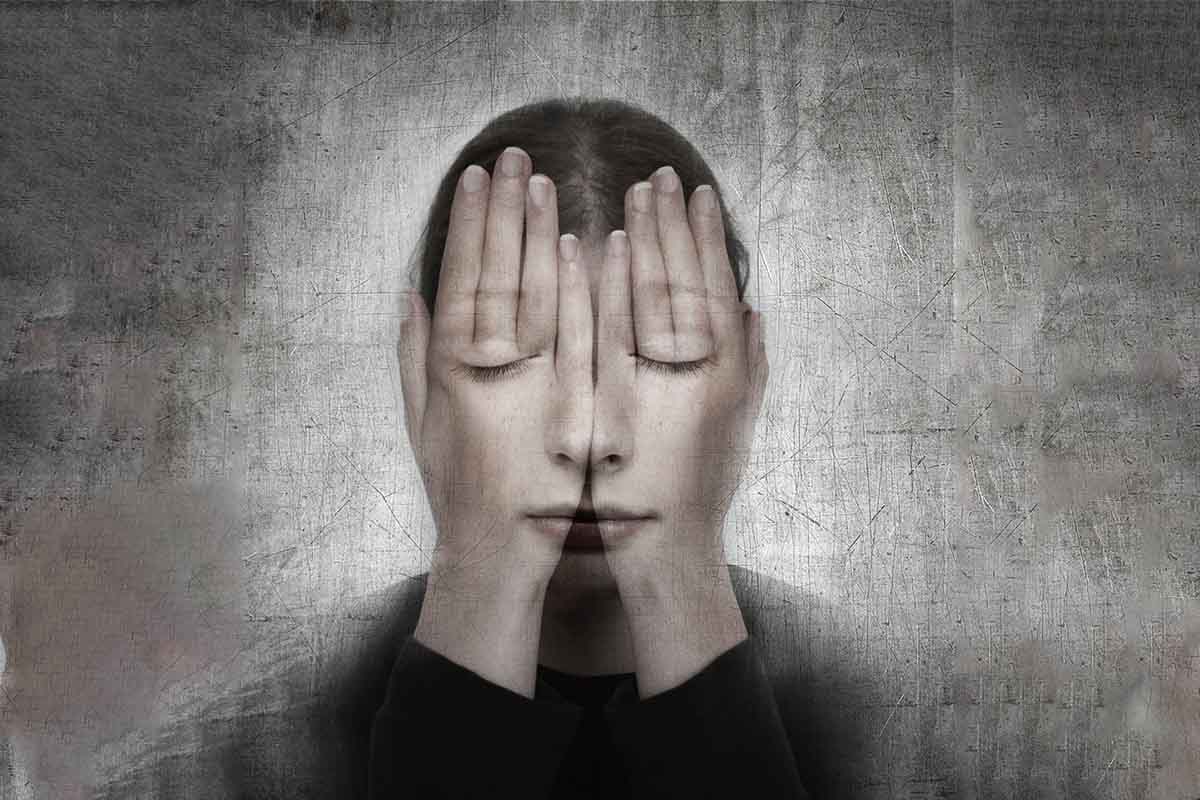Looking Beyond the Sleep Complaints: A Link to Suicidality
To the Editor: In a recent meta-analytic study published in the Journal, Pigeon et al1 reported an association between sleep disturbances and suicidal ideation and behaviors. On the basis of their analysis of 39 studies consisting of 147,753 subjects recruited from the general population and clinical settings, the authors found that sleep complaints, particularly sleep disturbances in general, insomnia, and nightmares, were individually associated with an increased relative risk for suicidal thoughts, suicide attempts, and completed suicide.
Although depression has often been linked to both sleep disruption2,3 and suicide4 in previous research, it was not found to moderate the effect of sleep disturbances on the suicide outcome in Pigeon and colleagues’ meta-analysis.1 The findings of this study may have an important implication in the context of suicide risk management. That is, sleep complaints could potentially indicate a heightened and independent risk of suicide, which emphasizes a need for clinicians to conduct a routine assessment of sleep symptoms for timely and specific interventions. Meanwhile, the lack of a moderating effect of depression on the association between sleep disturbances and suicide outcome may in part lend further support to the growing recognition of the importance of sleep disturbances as a comorbid entity in the clinical course of psychopathology (eg, depression).5,6
In this regard, our recent 4-year naturalistic follow-up study7 in a cohort of psychiatric outpatients with major depressive disorder also found that sleep disturbances, especially residual nightmares, were significantly associated with an elevated risk of suicidal ideation in remitted depressed patients. In other words, despite the resolution of most daytime depressive symptoms in the remitted patients, the persistence of nightmare disturbances will still lead to an enhanced risk of suicidal thoughts,7 which argues for the need of targeted treatment strategies for a sustained resolution of both daytime and nocturnal symptoms.
Of particular note in the research on sleep disturbances and suicidality is another large-scale clinical epidemiologic follow-up study3 we conducted, which unfortunately was not listed in this meta-analytic review. It was conducted among a consecutive cohort of psychiatric outpatients (N = 1,231) with a broad spectrum of psychopathologies (eg, depressive spectrum disorders, bipolar spectrum disorders, anxiety spectrum disorders, psychotic spectrum disorders). We found that frequent insomnia and nightmares were independently associated with an elevated risk of suicide attempts in the prospective 1-year follow-up. More importantly, a synergistic effect of comorbid insomnia and nightmare disturbances was shown to predict a much higher risk for the suicide attempts than an individual sleep problem.
In sum, empirical evidence suggests a necessity to be vigilant for not only insomnia complaints, but also concurrent nightmare disturbances in individuals with psychiatric disorders, especially depression. Interventional studies are needed to evaluate the efficacy of sleep-focused treatments that target both insomnia and nightmare disturbances in the clinical management of psychopathology and suicide prevention.
References
1. Pigeon WR, Pinquart M, Conner K. Meta-analysis of sleep disturbance and suicidal thoughts and behaviors. J Clin Psychiatry. 2012;73(9):e1160-e1167. PubMed doi:10.4088/JCP.11r07586
2. Breslau N, Roth T, Rosenthal L, et al. Sleep disturbance and psychiatric disorders: a longitudinal epidemiological study of young adults. Biol Psychiatry. 1996;39(6):411-418. PubMed doi:10.1016/0006-3223(95)00188-3
3. Li SX, Lam SP, Yu MW, et al. Nocturnal sleep disturbances as a predictor of suicide attempts among psychiatric outpatients: a clinical, epidemiologic, prospective study. J Clin Psychiatry. 2010;71(11):1440-1446. PubMed doi:10.4088/JCP.09m05661gry
4. Harris EC, Barraclough B. Excess mortality of mental disorder. Br J Psychiatry. 1998;173(1):11-53. PubMed doi:10.1192/bjp.173.1.11
5. Stepanski EJ, Rybarczyk B. Emerging research on the treatment and etiology of secondary or comorbid insomnia. Sleep Med Rev. 2006;10(1):7-18. PubMed doi:10.1016/j.smrv.2005.08.002
6. Zhang J, Lam SP, Wing YK. Longitudinal studies of insomnia: current state and future challenges. Sleep Med. 2012;13(9):1113-1114. PubMed doi:10.1016/j.sleep.2012.08.006
7. Li SX, Lam SP, Chan JW, et al. Residual sleep disturbances in patients remitted from major depressive disorder: a 4-year naturalistic follow-up study. Sleep. 2012;35(8):1153-1161. PubMed
Author affiliations: Department of Psychiatry, Faculty of Medicine, the Chinese University of Hong Kong, Shatin, Hong Kong SAR, China.
Potential conflicts of interest: Dr Wing has been a part-time paid consultant to Renascence Therapeutics and has received research funds from the Research Grants Council, Research Fund, Secretariat Food and Health Bureau, Hong Kong SAR, China. Drs Li and Lam report no potential conflict of interest.
Funding/support: None reported.
J Clin Psychiatry 2013;74(2):192 (doi:10.4088/JCP.12lr08265).
© Copyright 2013 Physicians Postgraduate Press, Inc.





